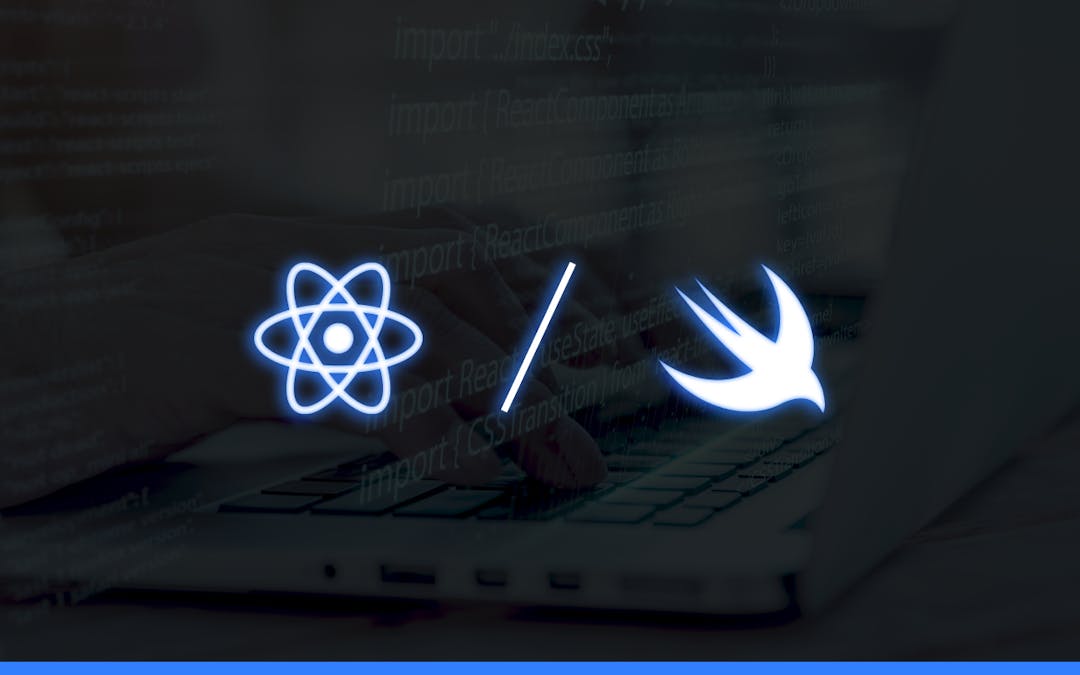Which is better C++ vs Java? Which is more powerful C++ or Java? Should I learn C++ or Java in 2022? Keep reading this blog post to find out.
The choice of the programming language depends on multiple factors, such as its type, complexity, TTM (time to market), scalability, security, and more. Applications written in complex programming languages can be feature-packed, modular, and scalable. However, they require a long time to code.
Knowing the technical differences between C++ and Java would help developers choose the right programming language for their projects. Let us explore the situations where C++ or Java could be an ideal choice for developers.
What is C++?
Danish scientist Bjarne Stroustrup developed C++ as an extension of C, or ‘C with Classes’ in 1985. C++ is one of the most popular programming languages in the world. Developers use C++ to develop full-fledged software applications and operating systems.
C++ is a multi-paradigm, object-oriented language with low-level memory management. Large-scale organizations like Microsoft, Apple, Facebook, NASA, Google, Amazon, and more heavily rely on C++.
In addition, C++ is a platform-independent programming language, so C++ programs can seamlessly run on many operating systems and interfaces.
What is Java?
James Gosling, a Canadian computer scientist from Sun Microsystems, developed Java in 1995. Java is an open-source, high-level, general-purpose programming language that is designed to have minimum implementation coupling. Java is a WORA (write once, run anywhere) language that makes Java code compilation easy on all platforms.
Java is simple, reliable, secure, affordable, and portable. Developers use Java to develop applications for gaming consoles, general computers, smartphones, data centers, scientific computers, smartwatches, and more. Google, Airbnb, eBay, Spotify, Slack, Intel, and many other companies use Java for developing web applications.
What is the difference between C++ and Java?
C++ and Java resemble the syntax of C programming language. However, the ecosystems of Java and C++ are very different. C++ code can be called into C, C++ libraries, or API of operating systems. On the other hand, Java code is only ideal for Java-based libraries.
In addition, C++ interacts with hardware more effectively than Java due to its low-level nature and lack of automatic memory management.
Here are the differences between C++ and Java in detail:
Multiple inheritance
In Object-oriented programming, multiple inheritance is when a child class inherits attributes and methods from a parent class. Java does not support multiple inheritance. However, C++ supports multiple inheritance features.
Multiple inheritance helps create a DSL (domain-specific language), perform advanced calculations during compilation, and improve project type safety.
Code reusability
For reusing code, both programming languages have generic versions of classes. Java offers generics and C++ hosts templates that work with any data type. C++ templates are more flexible and easy to implement for advanced programming purposes.
C++ compilers can create customized functions or classes whenever different data types come in use. C++ also hosts template specialization, wherein templates can call custom functions. Depending on the type of parameters of top-level functions, particular data types are allowed to have specialized code.
Java does not have template specialization and instead follows ‘type erasure.’ In the type erasure process, Java compilers create generic objects without data types. Type-checking is performed during compilation, but the behavior of a generic class cannot be modified based on its type parameters.
Related Post: Kotlin vs. Java: What Should You Choose for Your Next Project?
Runtime reflection
Java developers can view structural details of the Java code during runtime. This feature is ‘reflection,’ and it lets developers view the availability of members in a class/class type.
C++ does not have a full-fledged reflection feature; instead, it offers RTTI or runtime type information. With RTTI, developers can detect specific object types, but they cannot view the object’s members and other similar information.
Memory management
There are two main approaches to memory management: manual and automatic. For manual memory management, developers must keep track of code, objects, and elements to manually release unused memory.
Java has an automatic memory management system called ‘garbage collection. Java’s garbage collection enables easier memory management and reduces errors caused by releasing memory, thereby reducing security vulnerabilities.
On the other hand, C++ has ‘smart pointers’ that use reference counting for memory management. Destructors in C++ release the allocated memory when an object is removed.
In addition, C++ supports heap allocation and stack allocation, while Java only supports heap allocation. Stack allocation can be faster, safer, and simpler due to the linear data structures of C++. The stack allocation of C++ also supports a programming technique known as RAII (Resource Allocation Is Initialization).
Runtime performance
C++ outperforms Java, as C++’s manual memory management is faster than Java’s automatic garbage collection. However, Java can also perform better than C++ in some cases with the help of the JIT (Just In Time) compilation.
In addition, the reduced usage of heap allocations in C++ requires less memory and performs better than the garbage collector of Java’s standard memory library. Nevertheless, Java is generally fast and an ideal choice for developing applications unless latency is a top priority.
Build and package management
Build and package management is how developers build projects and connect external dependencies to the application.
Build and package management affects developer efficiency, project timelines, update management, component tracking, and much more. Maven, a specialized Java tool, can transpose Java code to Integrated Development Environments (IDEs) like IntelliJ IDEA.
Related Post: 7 Best Java IDEs and Editors in 2022
C++ does not have a standard build and package management repository or tool. A few commercial C++ libraries are binary-formatted, which adds to the complexity of the coding process.


Summary
Your choice of programming language between C++ and Java will depend on the specific requirements of your projects. C++ and Java both have their individual use cases and have certain advantages over each other. Therefore, there is no universal answer to the question of what programming language should be your primary choice between Java and C++.
Java is ideal for software developers who are not well-versed with low-level programming concepts. C++, however, is ideal for software developers who wish to create games, operating systems, desktop applications, embedded systems, and more.
Are you a C++ developer? Do you have experience in building Java-based applications? Are you looking for long-term, high-paying remote jobs at top companies in the US? Try Turing.com!
Turing offers better stability, career growth, and higher compensation for software developers. If you have more than 3 years of experience as a software developer, you should try Turing Jobs. For more information, visit the Apply for Jobs page now.
FAQs
1. Which is better C++ or Java?
Java is highly modular and performs great on all kinds of platforms. Java is faster with short code execution However, C++ outperforms Java in long code execution.
2. Which is more powerful C++ or Java?
C++ is closer to hardware and has better object management, performance, and speed. Thus, C++ is more powerful than Java, especially for compiling and running large applications.
3. Should I learn C++ or Java in 2022?
Java is a beginner-friendly language that is ideal for junior developers. C++ has a steeper learning curve than Java.
C++ is the 4th most popular programming language in 2022, with millions of jobs for remote developers. Java is used across various industries like big data, IoT, AI, ML, and more, as major companies are always looking for experienced Java developers.
Join a network of the world's best developers and get long-term remote software jobs with better compensation and career growth.
Kedar Kanekar
Want to accelerate your business with AI?
Talk to one of our solutions architects and start innovating with AI-powered talent.



